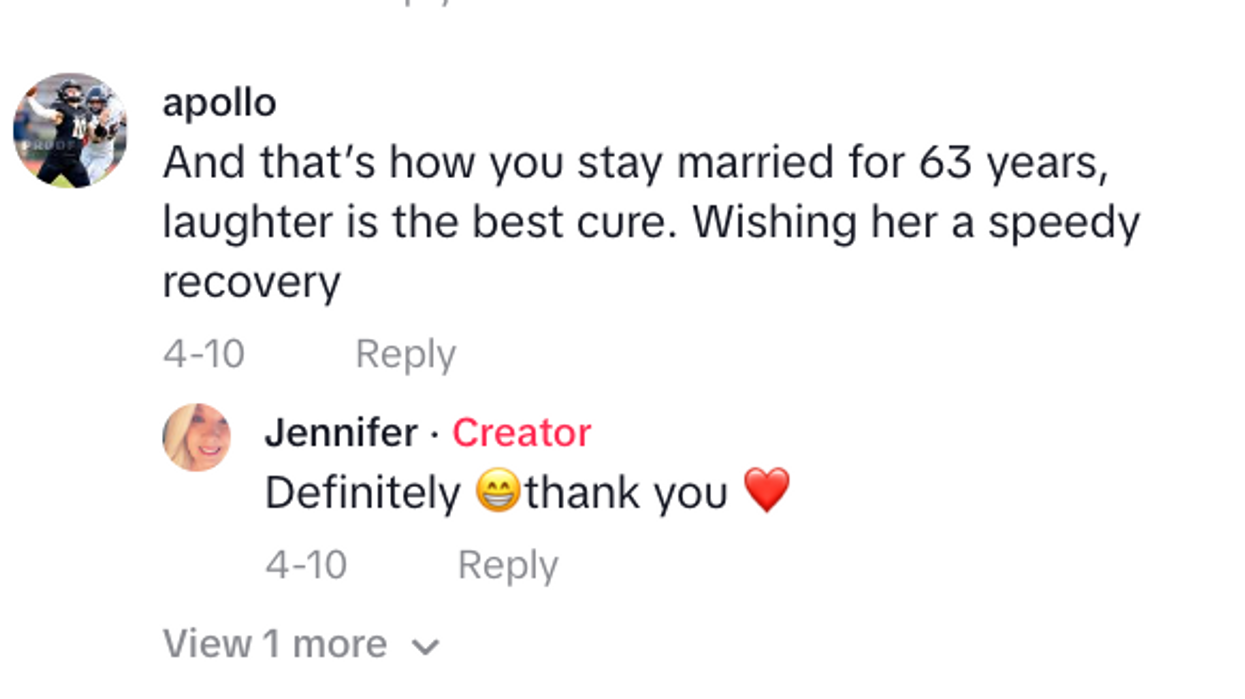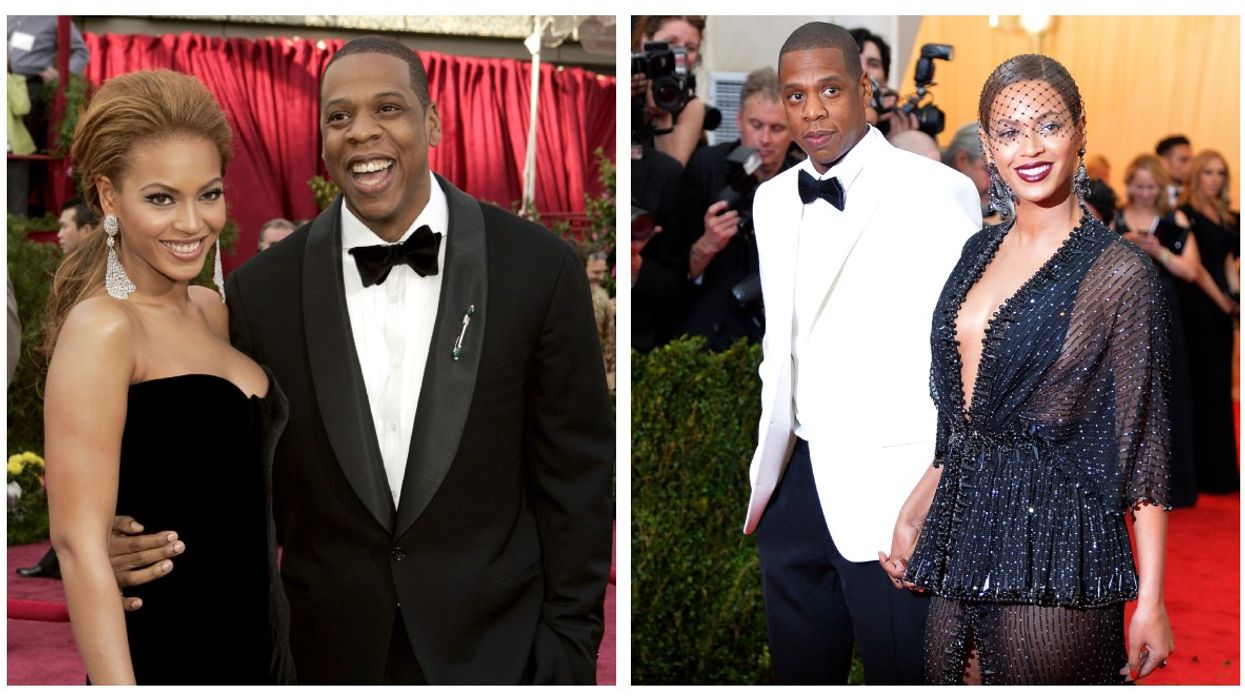
Why You Should Stop Looking In the Mirror - And What to Do Instead
When it comes personal development, your physicality cannot be excluded or ignored. In fact, your journey to self-improvement may even start with fitness.
At its deepest core level, personal development is about the improvement of self-image and, ultimately, self-esteem.

Let’s face it: It’s pretty difficult to take full advantage of the abundance of opportunities available to us if we don’t feel capable or worthy.
For many people, a large part of self-image and esteem issues can be linked to how they feel about their body. The more improvement they feel their appearance needs, the less confident they are, and the snowball effect begins.
Here’s the thing.
Much like having a negative inner dialogue, consistently focusing on our physical imperfections only reinforce and even magnifies those "flaws."
Why looking in the mirror is a bad idea
If you’re not happy with your body, looking in the mirror may be a bad Idea.
Every time you look in the mirror with a critical eye, you may be reinforcing a negative self-image. Unless otherwise directed, most of us tend to focus on what we don’t like about our body. We stare with loathing at our or expanding hips, belly and back side.
Then, we get pissed at our body for doing exactly what we told it to do.
Of course you wouldn’t remember telling your body to gain weight and look like crap.
Consciously, you probably didn’t, but unconsciously, you could be sending a message that’s guiding things in the direction you don’t want it to go.
FOCUS
There’s a simple psycho-emotional, energetic explanation for why this happens. It can be summed up in one short and familiar sentence.
“What we focus on expands.”
And it will keep on expanding until we stop focusing on it. So does this mean no more mirrors, ever? NO!
The mirror can actually be a very powerful tool for creating and measuring positive change.
What we see in the mirror is simply a reflection. But it’s not always an accurate reflection.
This is exactly why I avoid looking in the department store dressing room mirrors. Those unflattering lights could make anyone look horrible.
Changing the construct
The reflection we see in the mirror either physically or metaphorically represents how we see ourselves. It’s a construct based on our self-perception. So even if you lose 10, 20 or 50 pounds, you may or may not see the reality of those changes in your reflection.
In his groundbreaking 1960s book Psycho-Cybernetics, Dr. Maxwell Maltz explores how even radical external physical improvements may not translate into meaningful internal changes.
For example, after having plastic surgery to eliminate early childhood deformities, some patients simply could not see any improvement. Their perceptions of themselves were simply too deeply ingrained to accept change.
The image paradigm
Say what we want about those mirror-hogging bodybuilders many refer to as meat heads, but there’s a lot they can teach us. They are masters at using the mirror as a tool to facilitate the physical changes they want to create.
They don’t negatively focus on what they don’t like. Instead, they imagine seeing what they want to create -- bigger arms, smaller waist, more tapered legs, leaner butt and a more athletic midsection. Then, with that positive image in mind, they go about the job of making it a reality.
In other words, they focus on the positive (real or imagined) with a creative and determined eye -- not a critical one.
Your body may hold the key to the development of your personal super power. Like the mirror, you can use both your body and mind as twin forces to move you towards what you want. Or allow them to run amuck and lead you towards what you don’t want.
Make sure they’re working for you and not against you.
Next time you strip down and look in the mirror, forget about the imperfections. Instead, imagine yourself as you would like to be. Leaner, stronger, more fit and confident. You'll be surprised at how fast you can create a new navigation system that will lead you towards its manifestation.
Tom Terwilliger is equal parts athlete, entrepreneur and motivator. Five years after pulling himself from the world of drug and alcohol abusing outlaw bikers, Tom’s determination and willingness to sweat earned him a coveted Mr. America title and was the springboard to a successful 16-year career as a Fox Sports Net TV show host and the #1 bestselling author of 7 Rules of Achievement. Tom has taught thousands of individuals and organizations the empowering Leadership, Body Rapport strategies needed to take massive leaps forward in their lives, businesses and careers. Learn more at https://www.MaxMindset.com


















 Old photobooth strip of Nana and Papa@jennjensc/TikTok
Old photobooth strip of Nana and Papa@jennjensc/TikTok An elderly woman sits in chair with blue blanket while doing chemotherapy.@jennjensc/Tiktok
An elderly woman sits in chair with blue blanket while doing chemotherapy.@jennjensc/Tiktok screenshot of a comment on TikTok@jennjensc / TikTok
screenshot of a comment on TikTok@jennjensc / TikTok











Military Dad Defends His 4 Little Daughters When Strangers Make This Rude Remark